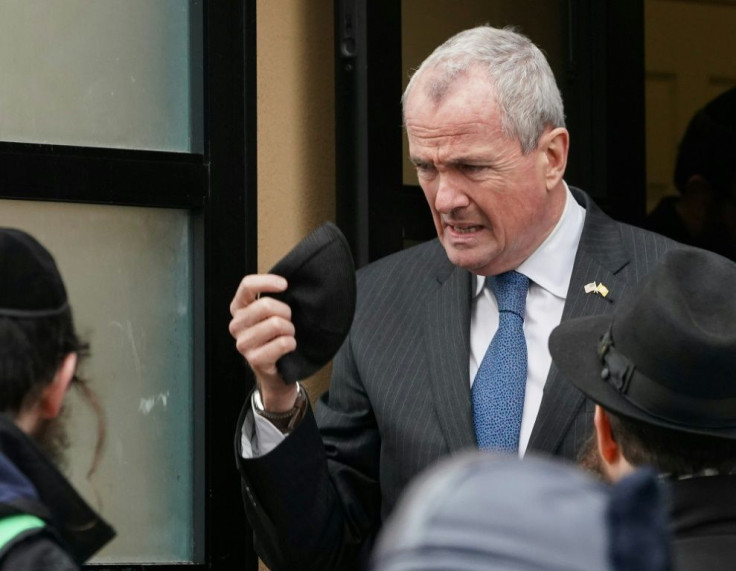New Jersey Ends 'Indefensible' Marijuana Criminal Penalties
New Jersey’s lawmakers have finally ended months of gridlock over marijuana reforms, removing criminal penalties for possession and setting the stage for the industry to take root in the state.
Gov. Phil Murphy characterized the old laws as a universal failure, providing no public safety and disproportionately affecting minority communities, NJ reports. The two main bills, decriminalizing and legalizing marijuana, sat without the governor’s approval for two months as state lawmakers debated a third law establishing civil penalties for minor marijuana possession.
With his requested third bill also awaiting approval, Gov. Murphy wasted no time signing them into law.
“As of this moment, New Jersey’s broken and indefensible marijuana laws which permanently stained the records of many residents and short-circuited their futures, and which disproportionately hurt communities of color and failed the meaning of justice at every level, social or otherwise — are no more,” he said.

It will be some time before legal marijuana is readily available in New Jersey. The state’s new Cannabis Regulatory Commission needs to be filled and has six months to establish regulations for issuing new business licenses.
That said, the legal aspects of the bills will take effect immediately. Adults can possess up to six ounces, although minors can still face civil penalties.
“Starting immediately, those who had been subject to an arrest for petty marijuana possession — an arrest that may have kept them from a job or the opportunity to further their education — will be able to get relief and move forward,” Murphy said.
The law contains strong language limiting the ability of police to use suspected marijuana possession to stop or search individuals. Even if an officer smells marijuana on a minor they cannot stop them, and the law prevents them from doing more than giving a warning. Police organizations say there’s not much point in establishing civil penalties if the same law all but forbids enforcing them. The law states that officers in violation will be charged with deprivation of civil rights.
“This language is anti-police rhetoric at its worst and its consequences will be real,” New Jersey’s Policemen’s Benevolent Association told NJ. “Underage users of marijuana will be free to smoke it anywhere, including in places the bill says is illegal, because merely stopping a person to enforce the law is now illegal for police.”
Marijuana legalization has been increasingly prominent in recent years as many state-level governments move to decriminalize the drug and establish regulated economies.
© Copyright IBTimes 2025. All rights reserved.



















